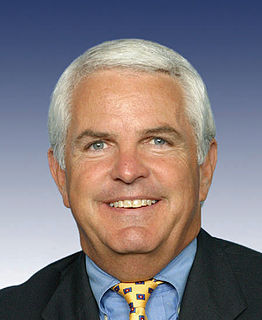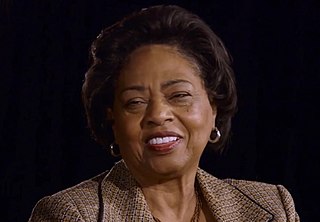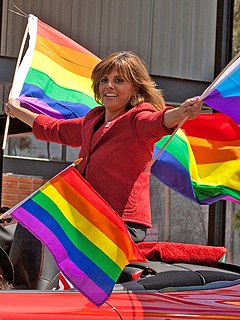A Quote by Andrea Leadsom
By cutting the red tape that comes out of Brussels, we will free our farmers to grow more, sell more, and export more great British food whilst upholding our high standards for plant and animal health and welfare.
Related Quotes
To be proactive is to educate yourself and get the word out via social media, or through one of the many animal-welfare organizations around the world, and by signing petitions, starting your own campaigns, rescuing and fostering animals, organizing cleanups, recycling, volunteering at your local animal shelter, going to eco-tourist destinations or photo safaris. This will help get the word out to the masses, and hopefully, this will bring more awareness and more compassion to animal welfare.
There's nothing wrong with the Democratic Party that talks more about - and more loudly about - jobs, and cutting red tape, and bureaucracy, making it easier for entrepreneurs to start jobs, making it easier for businesses to grow and create more jobs. That has historically been the wheelhouse of the Democratic Party.
The traditional farm, the peanuts, the cotton, the corn, is probably not the thing to do, because you're up against big farmers who can afford all the equipment to grow those kinds of crops. But we need healthy food. We're being encouraged to eat more vegetables. Our school systems are being encouraged to buy locally. So, we need farmers who can produce that food.
All communities, and low-income communities especially because of food insecurity and lack of access to healthy foods, need more farmers markets, need more community gardens and urban farms. It would be great if people living in communities had the tools and resources to grow food in their own backyard - community-based food systems.
There is not going to be a "hydrogen economy," and no combination of alternative energy systems or fuels will allow us to continue the suburban pattern. It's finished. We will, however, desperately need to grow more of our food closer to home, and so the preservation of agricultural hinterlands is of great importance. But don't expect the fiesta of suburban construction to continue more than a few more years.
The first big effects will be farmers that live on the edge. Today's weather, they barely get by. Their kids, a high percentage are malnourished, and so if you impose more variable weather and more heat, you're getting more floods, more droughts, and during the germination time, the high heat, most crops...do poorly when there's more heat.
































